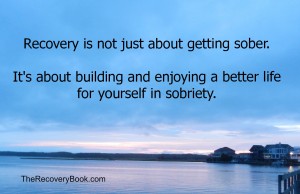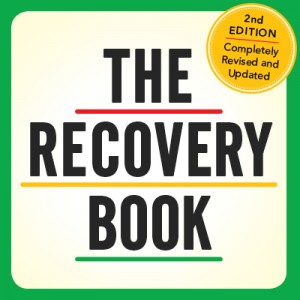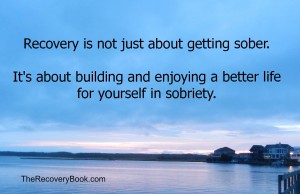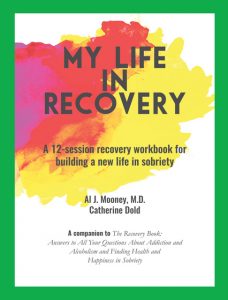New to Sobriety and Recovery?
Featured
 If you’re new to sobriety and recovery, you might be wondering, “What the heck do I do now?”
If you’re new to sobriety and recovery, you might be wondering, “What the heck do I do now?”
Here are some ideas to get started:
- Find a recovery fellowship meeting
- Start a recovery journal
- Learn about the Recovery Zone System
(hint: if you’re newly sober, you’re in the Red Zone) - Learn more about recovery: download a free Kindle sample of The Recovery Book
- Start rebuilding your life: download a free sample of My Life in Recovery, the workbook companion to The Recovery Book.
- Learn more about addiction and recovery
- Stay busy! Sign up to get our free list: No Relapse! 101 Fun, Inspiring and Distracting Things to Do Instead of Drinking or Using Drugs
If you’re considering professional treatment, be sure to read How to Choose an Addiction Treatment Program.
And hang in there. It gets better.



